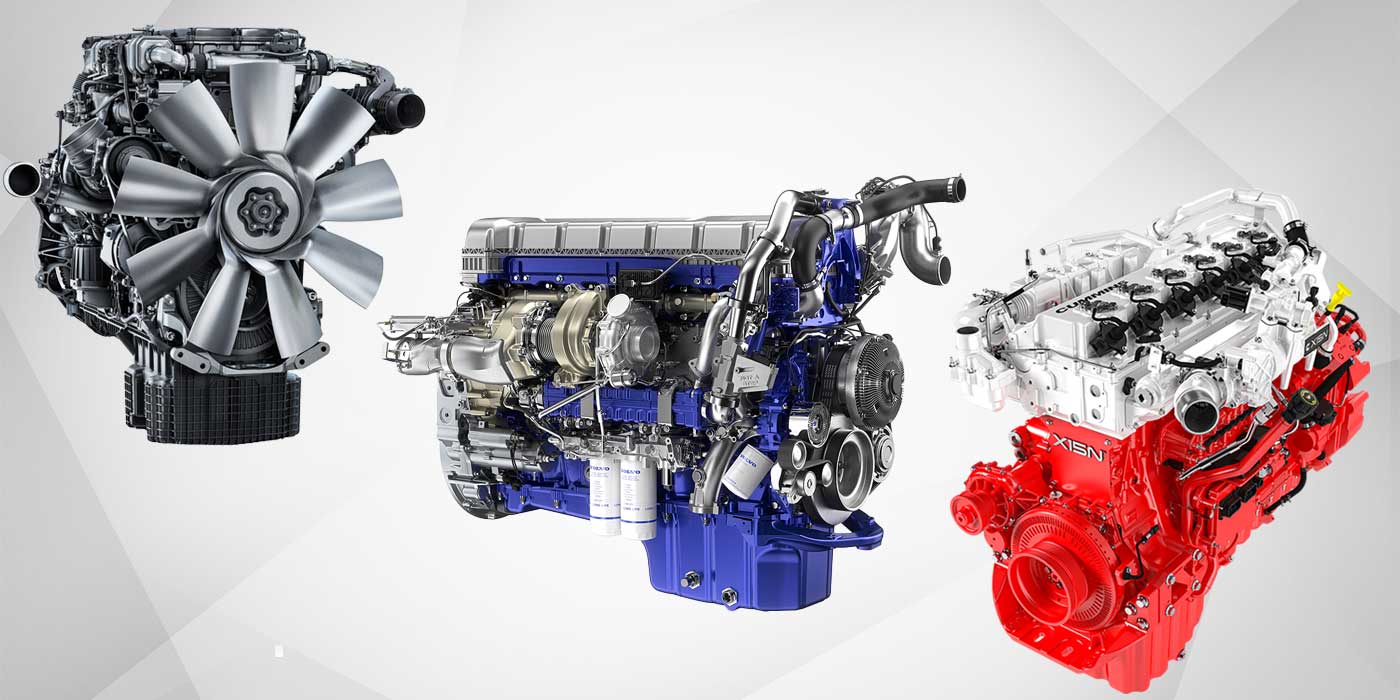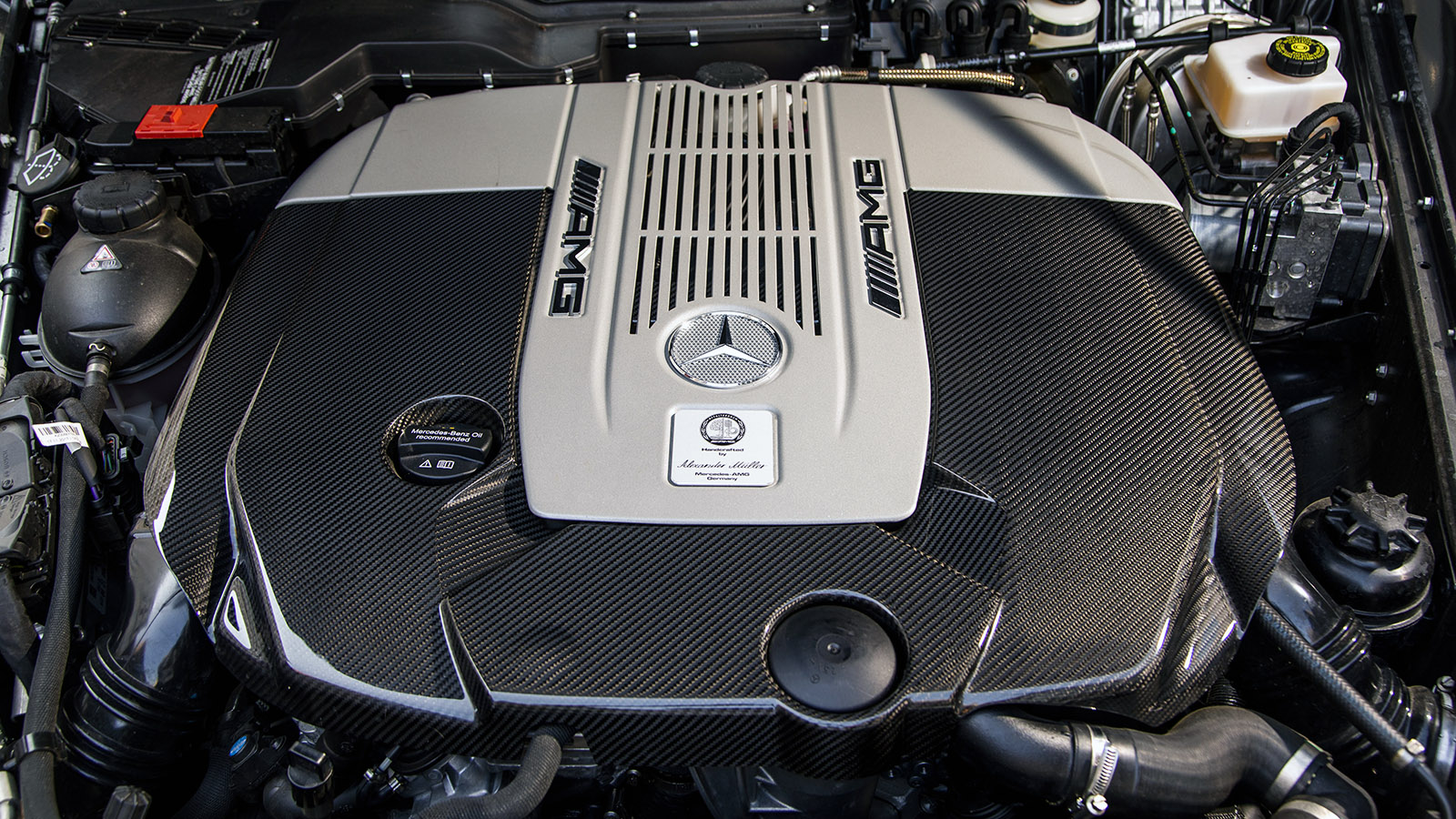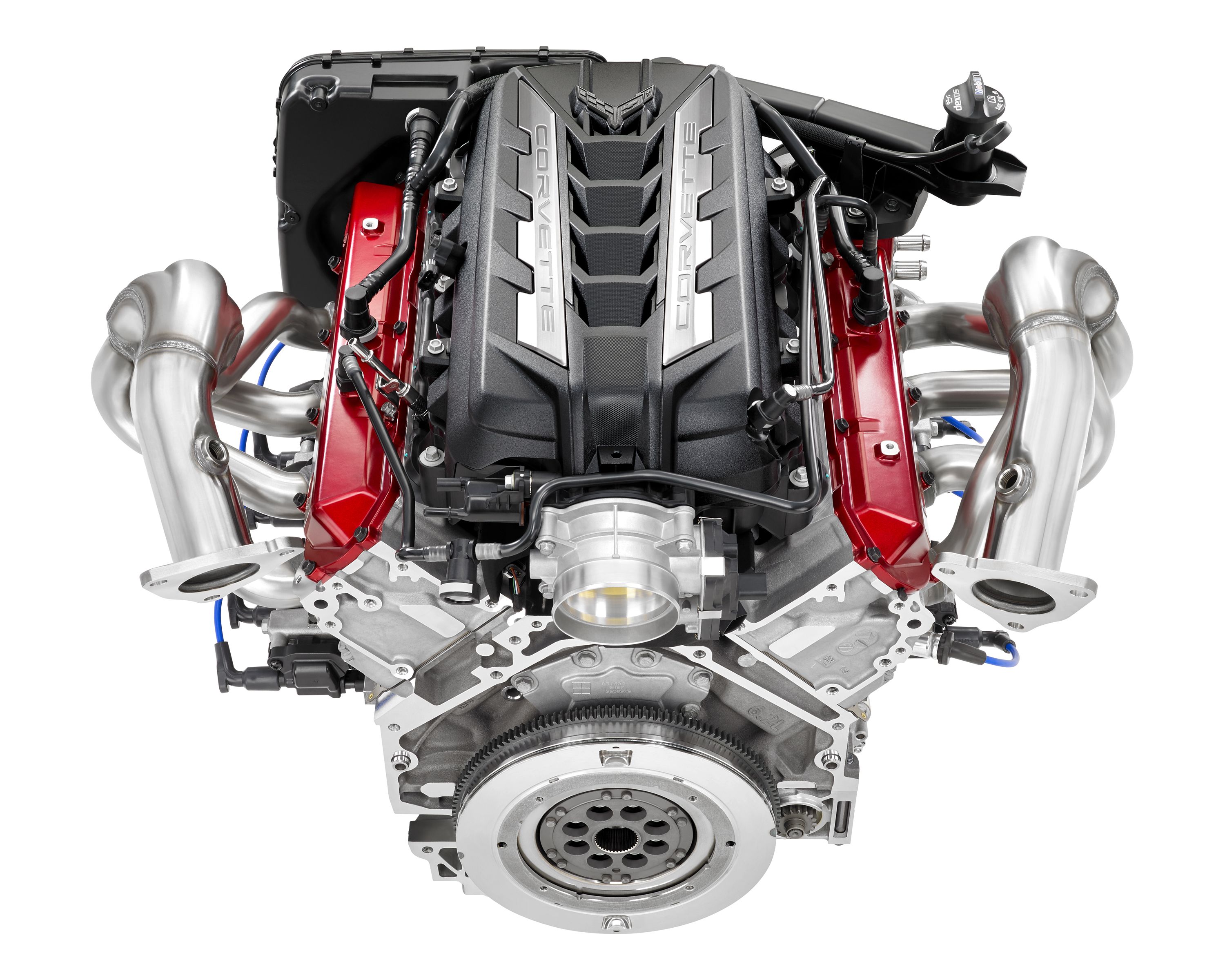Discover Sturdy and Reliable Products from Engines For Africa
Discover Sturdy and Reliable Products from Engines For Africa
Blog Article
Discover a Wide Variety of Engines for each Lorry and Objective
The automobile landscape is increasingly complicated, with a diverse variety of engine kinds developed to satisfy certain efficiency and performance requirements across various vehicle classifications. From the high-performance engines that power cars to the fuel-efficient alternatives customized for day-to-day travelling, the options are substantial and differed. In addition, heavy-duty engines serve the needs of job vehicles, while environment-friendly choices are acquiring traction in the quest of lasting transport. Comprehending these differences is important for making informed choices, specifically as arising modern technologies proceed to form the future of automotive engineering. What effects might these advancements hold for suppliers and consumers alike?
Sorts Of Automotive Engines
Automotive engines can be categorized right into a number of unique kinds, each developed to fulfill certain efficiency and performance demands. One of the most typical classifications include interior combustion engines, electric engines, and hybrid systems.

Electric engines, on the other hand, run on electrical power kept in batteries, providing immediate torque and zero exhausts. These engines are ending up being progressively popular because of developments in battery modern technology and the expanding emphasis on sustainability.
Hybrid systems integrate both internal burning and electrical engines, making it possible for cars to maximize fuel performance and decrease exhausts by seamlessly switching over between source of power. Each engine type provides its drawbacks and benefits, affecting aspects such as lorry style, planned use, and market demand. Recognizing these differences is crucial for customers and suppliers alike when choosing the ideal engine for their certain demands.
Performance Engines for Sports Cars
Performance engines for sports autos are specifically engineered to provide boosted rate, dexterity, and power, establishing them in addition to typical vehicle engines. These engines commonly make use of innovative modern technologies such as turbocharging, turbo charging, and variable valve timing to take full advantage of effectiveness and responsiveness.
Normally, efficiency engines are made with greater compression ratios, which permit higher power extraction from fuel. This results in impressive horse power and torque numbers, allowing fast acceleration and higher full throttle. In addition, the light-weight materials made use of in these engines, such as light weight aluminum and carbon fiber, contribute to reduced total lorry weight, boosting handling and ability to move.
Engine setups like V6, V8, and even hybrid systems prevail in performance sports autos, each offering one-of-a-kind advantages in terms of power distribution and driving characteristics. The tuning of these engines is additionally critical; numerous manufacturers enhance the engine administration systems to supply a thrilling driving experience, typically consisting of sport modes that change throttle response and gear shifts.
Reliable Engines for Daily Commuters
In the realm of day-to-day commuting, effective engines play a vital role in maximizing fuel economic climate and reducing discharges while giving trustworthy performance. As urban populations expand and environmental issues escalate, the need for automobiles equipped with effective powertrains has surged.
Modern engines created for daily commuters frequently include technologies such as turbocharging, direct gas shot, and hybrid systems. Turbocharging boosts engine efficiency by requiring even more air right into the burning chamber, enabling smaller, lighter engines that do not compromise power outcome. Straight fuel injection enhances fuel atomization, causing better burning and boosted performance.
Crossbreed engines, combining interior burning with electric power, additional augment fuel economic situation, specifically in stop-and-go traffic, where traditional engines can experience ineffectiveness. Electric motors aid throughout velocity and can run individually at low speeds, decreasing general gas intake.
Furthermore, improvements in engine monitoring systems and light-weight materials add dramatically to reliable engine layout. By concentrating on performance, longevity, and ecological sustainability, suppliers proceed to provide engines that not only satisfy the demands of daily travelling yet also line up with international initiatives to minimize carbon footprints.
Heavy-Duty Engines for Work Vehicles
Sturdy engines for job automobiles are consistently crafted to provide remarkable torque and reliability under demanding conditions. These engines are made to do in atmospheres where conventional engines may falter, such as building and construction websites, logging operations, and agricultural setups. The main focus of heavy-duty engines is their capacity to produce high levels of power while maintaining longevity over prolonged periods of operation.
Generally, sturdy engines use sophisticated materials and robust building and construction strategies to withstand the rigors of heavy work. Features such as reinforced cylinder blocks, improved air conditioning systems, and advanced fuel injection technologies add to their performance. These engines usually operate at reduced RPMs, which aids to maximize gas efficiency while offering the required power for pulling and hauling.
In enhancement to mechanical toughness, sturdy engines are commonly equipped with advanced digital control units (ECUs) that manage performance, emissions, and diagnostics. This combination enables better tracking and maintenance, making certain that work cars stay reliable and operational.
Ultimately, durable engines are an essential element in the efficiency of different sectors, supplying the necessary power and reliability to tackle the most difficult of tasks.
Eco-Friendly Engine Options
The expanding emphasis on sustainability has resulted in the growth of environment-friendly engine alternatives that focus on lowered exhausts and improved fuel efficiency. These engines are developed to reduce the environmental effect of cars while still delivering the efficiency and dependability anticipated by customers.
Amongst one of the most noteworthy eco-friendly options are electrical and hybrid engines. Hybrid engines combine traditional Discover More inner burning engines with electrical propulsion, permitting for decreased gas usage and lower greenhouse gas emissions. my link Electric engines, on the other hand, run completely on battery power, creating no tailpipe emissions and adding to cleaner air high quality.
One more encouraging advancement is the development of biofuel engines, which utilize sustainable resources, such as plant products, to power automobiles (Engines For Africa). By using biofuels, these engines can reduce reliance on fossil fuels and reduced overall carbon impacts

As the automobile sector progresses, eco-friendly engine options will certainly play an important role in driving the shift towards more lasting transportation options.
Conclusion
From high-performance engines that boost sporting activities cars and truck abilities to effective versions focusing on fuel economic climate for everyday commuters, each type serves a certain feature. Heavy-duty engines provide to robust job lorries, while eco-friendly alternatives, such as electrical and biofuel engines, advertise lasting transportation.

Report this page